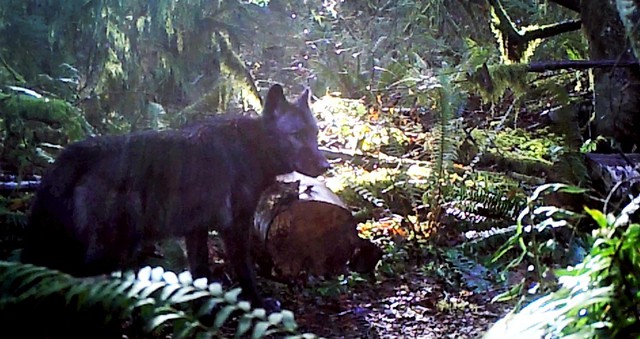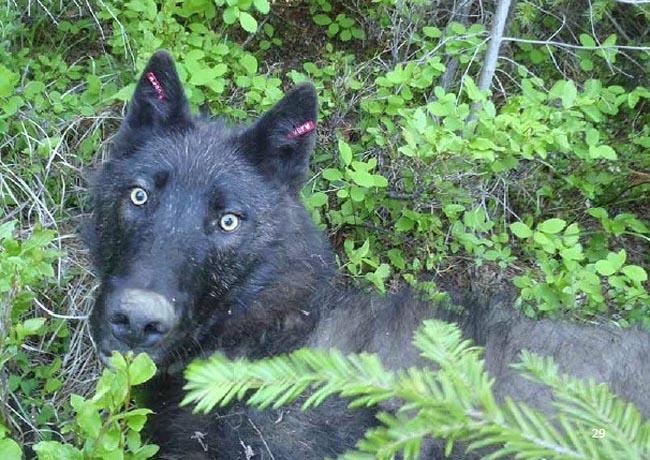
Washington Wildlife Head Supports Ending Federal Wolf Protections In Entire State
Read On
BY NICHOLAS K. GERANIOS / AP
Wolves should be removed from the federal endangered species list throughout Washington state, Washington Fish and Wildlife Director Kelly Susewind wrote in a letter to the U.S. Fish and Wildlife Service released this week.
“This is the right direction for wolf conservation and management in our state long-term,” Susewind wrote in a letter dated April 18 and released Wednesday. “The department is confident that Washington’s wolf population is on a path leading to successful recovery.”
The Center for Biological Diversity is critical of Susewind, saying the idea of stripping federal protections from wolves is appalling.
“This wolf-killing agency is tone-deaf to how Washington residents feel about these beautiful and ecologically essential animals,” said Amaroq Weiss, West Coast wolf advocate for the environmental group. “The fact is 72% of residents want wolves federally protected until they’re fully recovered.”
The federal government has already delisted wolves in the eastern one-third of Washington and Oregon, as well as in Idaho, Montana and Wyoming.
Wolves were wiped out in Washington early in the last century, largely on behalf of livestock interests. The animals began moving back into the state about 20 years ago from neighboring Idaho and British Columbia.
The state in 2018 counted a minimum of 126 wolves in 27 packs with 15 successful breeding pairs, defined as male and female adults that have raised at least two pups that survived through the end of the year. The latest census also for the first time recorded a wolf pack west of the Cascade Range, in Skagit County.
Susewind’s letter was one of more than 56,000 comments the federal agency received as of Wednesday.
The federal agency contends that gray wolves no longer qualify for federal protection as an endangered or threatened species.
Susewind wrote that protecting thriving wolves could expose the Endangered Species Act to legislation weakening protections for species in actual danger of extinction.
“The state of Washington is well prepared to be the management authority for wolves statewide and would be pleased to see limited federal resources directed to other species still critically in need,” Susewind wrote.
Most wolves in Washington are in the northeast corner of the state and are already delisted, Susewind wrote. Since the state began counting wolves in 2008, the population has averaged 28% growth a year, he wrote.
“Wolf recovery and subsequent population sustainability long term will remain a department priority,” Susewind wrote.
In March, the federal government proposed to strip gray wolves nationwide of their remaining federal protections.
The Interior Department proposal would end a decades-long restoration effort that saw a remarkable turnaround for an animal once nearly exterminated across the Lower 48 states. Now more than 6,000 gray wolves live in portions of nine states.
Authority over wolves would revert to state wildlife agencies with no obligation to maintain current numbers. Critics say that amounts to a death sentence for thousands of the animals, shrinking well-established populations and preventing wanderers from carving out new territory.
The Interior Department will make a final decision after a public comment period ending next week.
Since wolves returned to Washington, there have been numerous conflicts between the animals and livestock producers. The agency said five of the 27 packs in Washington last year were involved in at least one livestock death.
Copyright 2019 Associated Press
Related Stories:
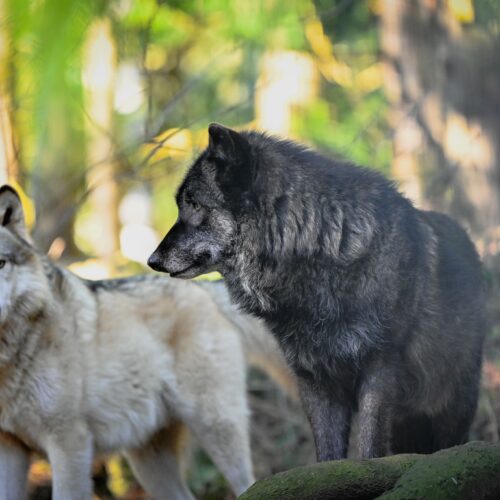
Complaint to federal agency over Washington animal organization
In Skagit County, a nonprofit that houses a number of animals, including exotic ones, is in continued legal battles. A law firm that advocates for animal rights is claiming the organization may have violated the Endangered Species Act, by, as the law firm claims in its complaint, the illegal euthanization of wolves.
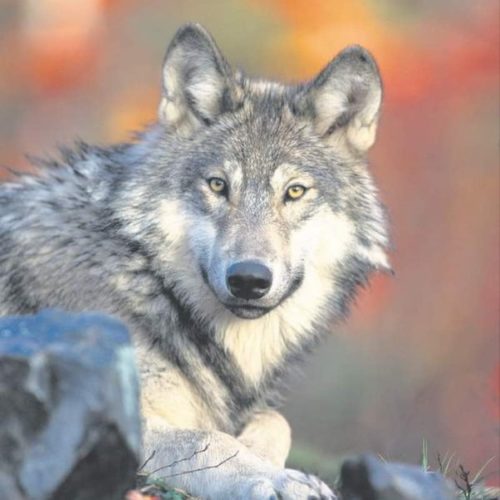
Wolves remain endangered in Washington state
Washington state’s Fish and Wildlife Commission voted to keep gray wolves’ endangered status. (Credit: William Campbell) Listen (Runtime 0:54) Read Gray wolves will keep their endangered status in Washington state.
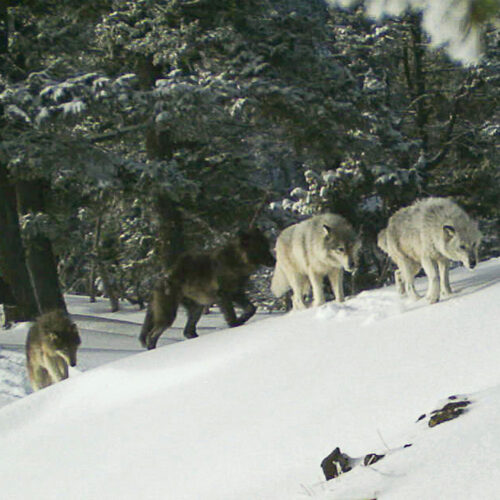
Nez Perce Tribe honors the wolf
In this Feb. 1, 2017, file image provided the Oregon Department of Fish and Wildlife, a wolf pack is captured by a remote camera in Hells Canyon National Recreation Area

